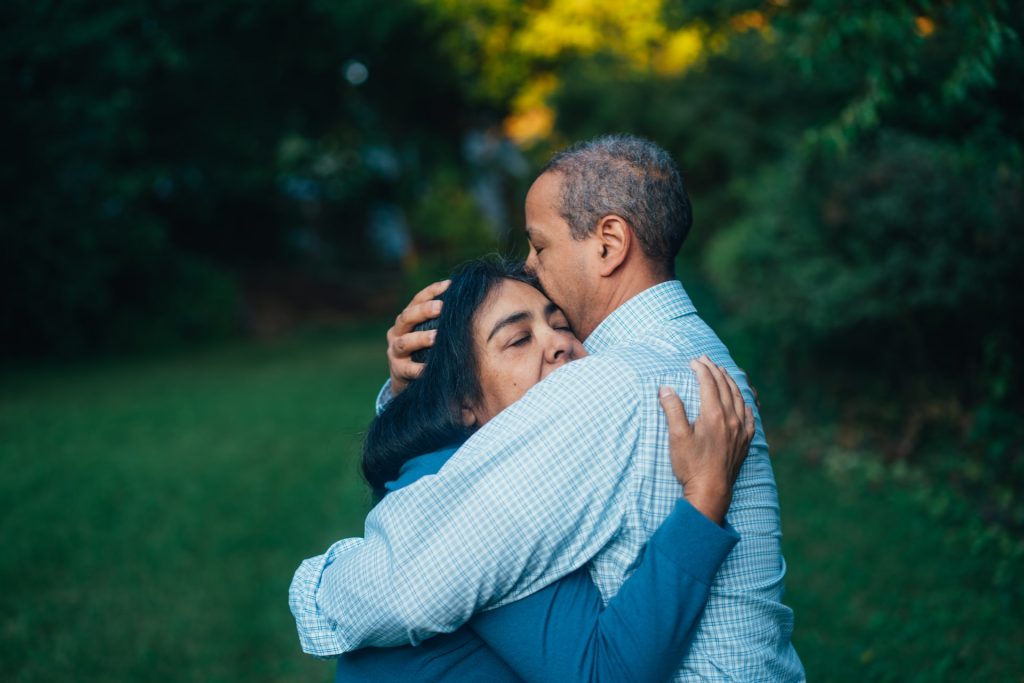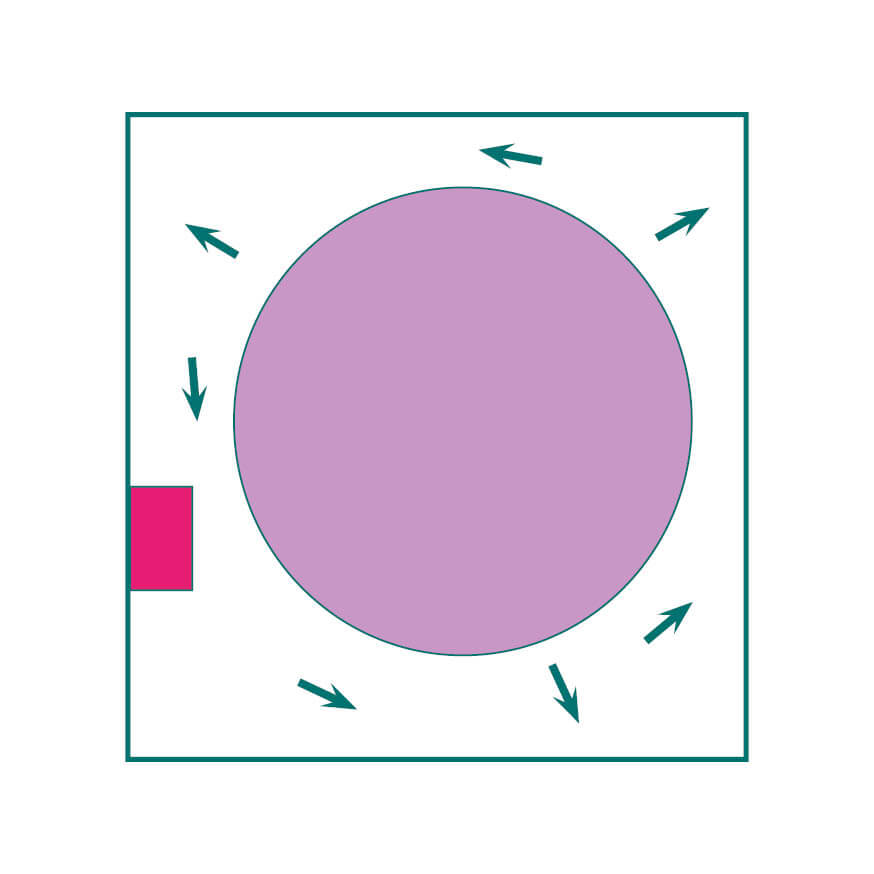The death of a loved one will have an impact on many areas of your life, creating multiple losses from that one primary bereavement. Feelings of grief can come from these other losses and this is known as secondary grief.
These other losses that you experience as a result of your loved one’s death can often catch you off guard. They are referred to as secondary grief, not because these losses are less important or painful, but rather that they are a secondary result of the primary grief you feel for your loved one.
This experience has been compared to a set of falling dominos; the primary grief of the death of a loved one is the first domino to fall and triggers the fall of the remaining dominos.
Understanding that our grief is comprised of many parts, including these secondary losses, can help us move forward.
Although we will all experience secondary grief, to varying degrees, following the death of a loved one, it is rarely talked about, perhaps because there are so many things that can be experienced as secondary grief and these are all so personal to the individual.
As with so many things relating to grief, no one can tell you exactly what you will feel. Our sense of what we have lost is unique to our own relationship to the person and the life that we lived with them. Listed below are just some of the losses associated with secondary grief that you may be experiencing or that may help you identify the secondary grief that you are feeling.
Loss of concrete things
The death of a loved one may result in secondary grief relating to the loss of concrete things. These may include loss of income, loss of a home, loss of a business and loss of financial security. These losses can be easier to identify and talk about as they relate to something tangible or material and many people will experience these types of losses in their lifetime, whether or not they are related to a bereavement.

Loss of identity
Feelings that relate to a loss of identity can have a significant impact on your grief and are often harder to identify and talk about than the loss of concrete things. These can include the loss of your self-confidence or the loss of your relationship identity, as you may no longer feel that you are a husband or wife, a parent, a sibling, a friend or carer. In losing this relationship identity, you may feel that you no longer have a purpose or you may struggle to define your new identity.
Loss or change of beliefs
Similar to the feeling that your identity has been lost or changed, the impact grief can have on your beliefs can be difficult to identify and put into words. The death of your loved one may have changed the way you view religion or caused you to doubt your belief system. Not only will you grieve the loss of this person, you will grieve the loss of the life you had together, the plans you made, the future you saw for yourselves, the dreams and goals you had expected to come. In losing that person, you may also feel that part of your life is lost, the part that you shared with them.
Loss or change of other relationships
Our support system of family and friends can be altered tremendously by a bereavement. When emotions are running high, it can bring out the best, and also sometimes the worst, in our families and friends. You may find that the most unlikely people will step up and be supportive. You may also find that the people you thought you were closest to grow distant.
Secondary grief may therefore come from losing relationships with friends and family through conflict or lack of support during your bereavement. You may also experience a change or loss in the relationships you had with your loved one’s friends and family.
It is also important to recognise that secondary grief does not just come from losing a friendship or family relationship, but also to the changes that can happen to that relationship. After someone important to you has died, you may find it hard to relate to your friends or family as you may feel the common ground and interests that you once shared have been lost or changed.

What can I do to help myself or others with secondary grief?
As with the grief you feel from the death of your loved one, secondary grief is complex and will feel different to everyone. When that first domino falls, it may immediately trigger a series of secondary losses, or you may only become aware of these losses weeks, months or even years later.
Being aware of what secondary grief is and what it can relate to allows you, and those supporting you, to be prepared. By taking this first step and acknowledging your secondary grief, you can acknowledge that it is having an impact on you.
Once you have identified the secondary losses that you are experiencing, you can think about what has helped you cope with your primary grief, whether that is through finding someone to talk to or expressing and commemorating the loss through a creative form such as writing or art.
It is important to remember that loss is loss. It doesn’t matter how big or small it is, you need to listen to yourself and take the time and the space to grieve.
If you need further support, Hospiscare is running a virtual bereavement group from 10 March. If you are interested in attending, or finding out more, simply email supportivecare@hospiscare.co.uk with your name and we can send you all of the information you need about the group and how to join.




